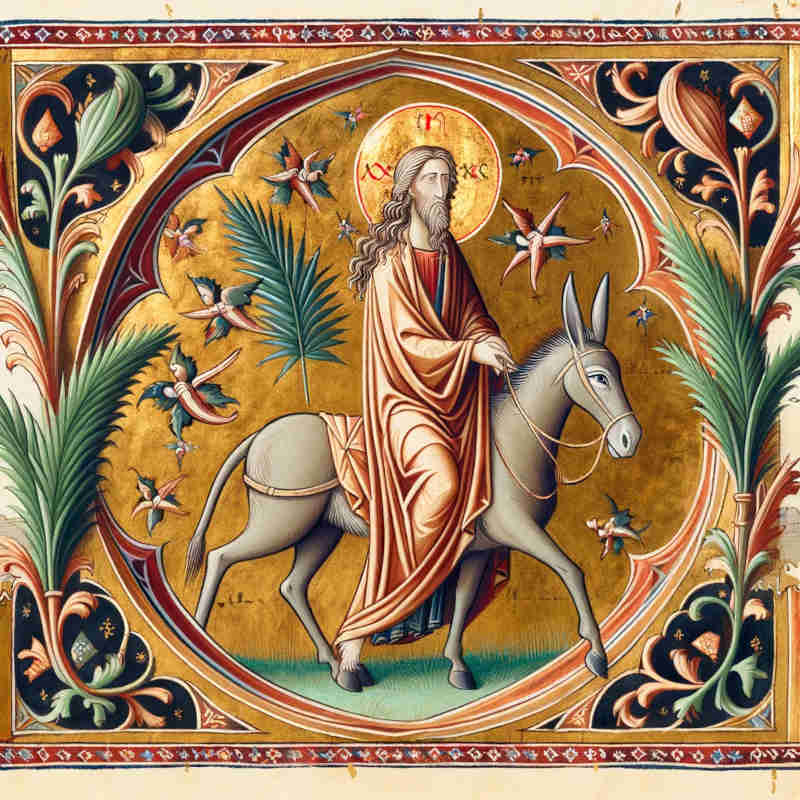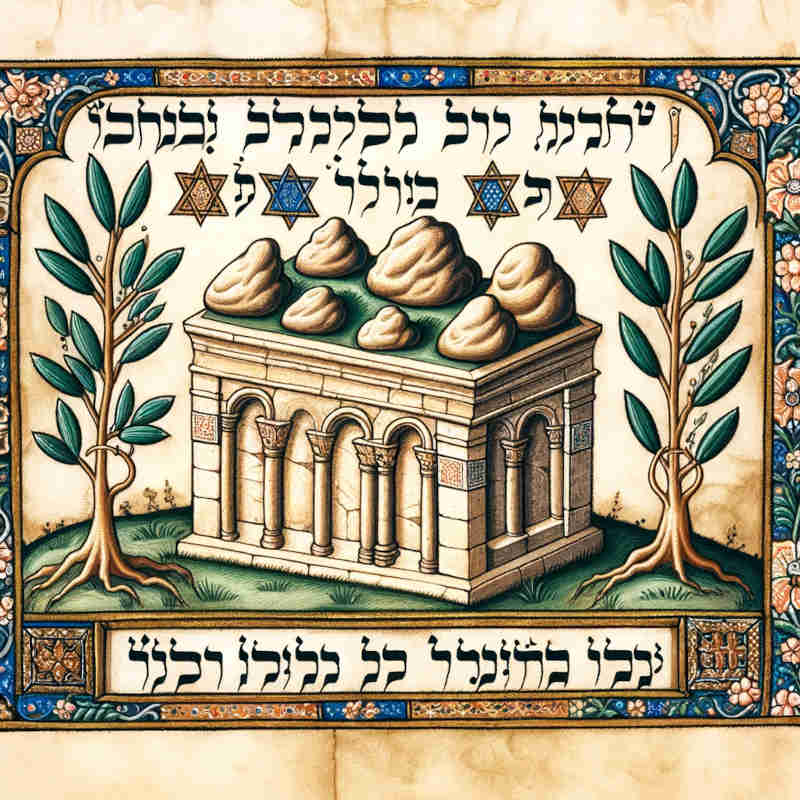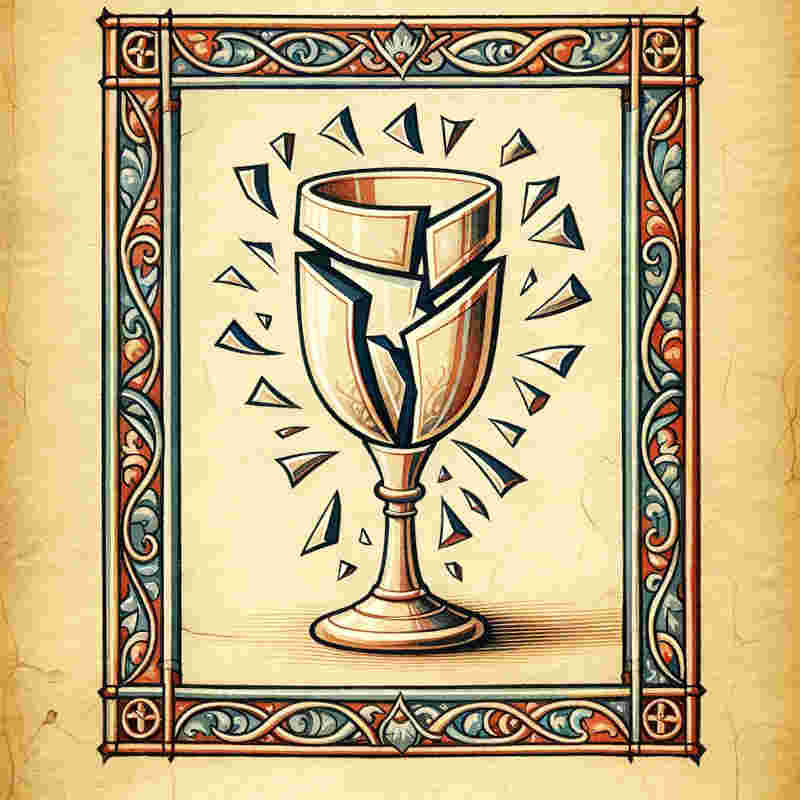Dear Rabbi Joshua,
I’ve always been curious about different religious beliefs and recently I’ve been wondering about something specific within Judaism. Why do Jews not believe in Jesus as the messiah or the son of God, as is common in Christian belief? I would appreciate your insight on this matter.
Warm regards,
Rocco
The Jewish Understanding of the Messiah
Dear Rocco,
Thank you for your thoughtful question. The Jewish perspective on Jesus, and the messianic belief as a whole, is deeply rooted in Jewish scripture and theological understanding. According to Jewish belief, the messiah is a future Jewish king from the Davidic line who is expected to be anointed with holy anointing oil and is anticipated to come and rule over the Jewish people during the Messianic Age. This is based on prophecies found in the Hebrew Bible, particularly in Isaiah, Jeremiah, and Ezekiel.
The concept of the messiah in Judaism is not divine. The messiah is expected to be a human leader, proficient in both the Jewish laws and observant of its commandments (Deut. 17:15). He is expected to bring about certain changes in the world and fulfill specific criteria mentioned in the scriptures, such as rebuilding the Holy Temple in Jerusalem, gathering all Jews back to the land of Israel, ushering in an era of peace, and spreading knowledge of the God of Israel, which will unite humanity (Isaiah 2:2-4).
Jesus, as a figure in history, does not fulfill these prophecies in the eyes of Jewish interpretation. The rebuilding of the Temple, the ingathering of all Jews to Israel, and the establishment of a world of universal peace did not occur during his lifetime or as a direct result of his life’s work. Moreover, in Judaism, there is no concept of a second coming; the messiah is expected to accomplish these tasks in his lifetime.
Furthermore, the Jewish understanding of God is strictly monotheistic. The belief in the indivisibility of God is central, as stated in the Shema prayer: “Hear, O Israel: The Lord our God, the Lord is one” (Deuteronomy 6:4). The concept of the Trinity, or any division of God into parts, is not in line with Jewish theology. Therefore, the Christian concept of Jesus as the son of God or a divine being is contrary to Jewish teachings.
The lack of belief in Jesus as the messiah or a divine figure is not a repudiation of his existence or a dismissal of his followers’ faith. Rather, it is a reflection of a different understanding and set of expectations based on Jewish texts and the continuous interpretation of those texts throughout Jewish history.
Engaging with these profound questions deepens our understanding of the diversity within the tapestry of faith in our world. Your inquiry is a testament to the respect and curiosity necessary for interfaith dialogue and understanding. May your journey of exploration bring you insight and peace.
Shalom,
Rabbi Joshua


